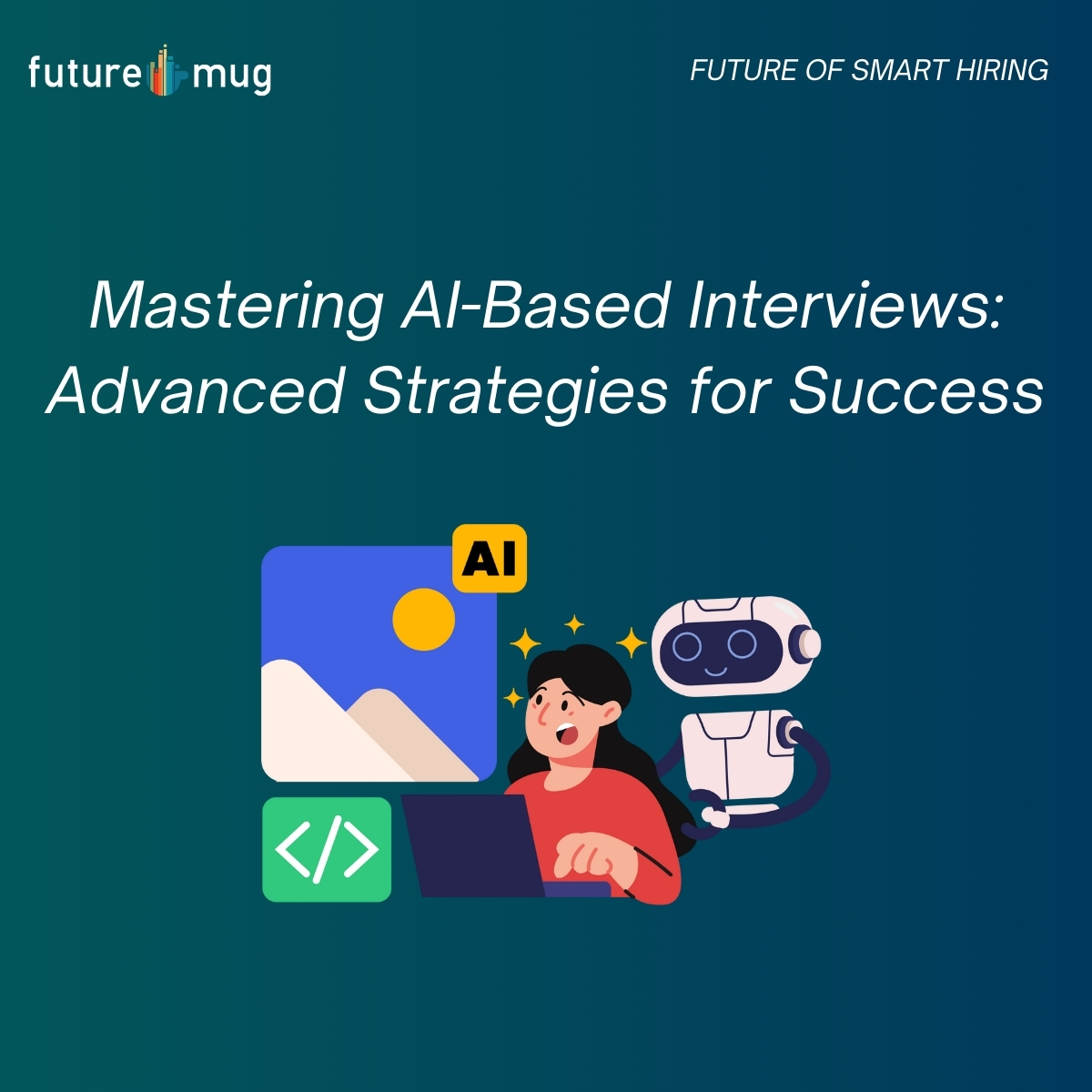
Mastering AI-Based Interviews: Advanced Strategies for Success
So, let’s welcome back to our series on how to prepare for the AI based interview! If you have, therefore, gone through Part 1, by now, you must feel quite prepared for the interview. In this part I will explain advanced preparation and techniques that will be useful for Generative AI coding interview such as preparing for coding challenges, success tips during interview and what to do after interview session.

1. Tackling Coding Challenges
Coding questions are very common in the AI interviews and knowing the type of problems that are most likely to be posed is very important, especially for the Generative AI. Here’s how to prepare effectively:Here’s how to prepare effectively:
It became clear that changing control structures is very necessary and important in order to learn the basics of AI coding.
Python Mastery: A month or two ago during development, Python was the language most often used in the field of artificial intelligence. Make certain that you are familiar with such libraries as NumPy, pandas, TensorFlow, and PyTorch. These libraries are basic for AI tasks and must be in your fingers by now.
Algorithms & Data Structures: Refresh basic understandings of previous tutorials such as sorting algorithms, searching algorithms, stacks, trees, graphs and etc. Knowledge of how these can is applicable in AI will assist in the optimization to solutions and management of problems among other factors.
AI-specific Tools: It is highly recommended to provide yourself with the state-of-the-art tools and libraries such as Keras, Hugging Face Transformers, required and used in most generative models and deep learning.
Test yourself with QUIZ on top AI-specific Coding Problems
Solve coding problems on problems meant specifically for use in AI on websites such as LeetCode and Kaggle. Focus on:
Neural Network Implementation: There’s a value in coding neural networks from scratch to see how they function, learn how to build one.
Language Models: Develop issues that are connected to natural language processing (NLP) and language models.
Image Classification: GAIN practical experience with Convolutional Neural Networks (CNNs) For image classification problems.
Generative Models: Try GAN and VAE out to gain a greater level of insight into the generative methodologies.
Tip: It will be much helpful if you have actually built real-world AI projects as it would make the process much easier and you will be able to explain during the interview
2. Standing Out During the Interview
While it’s a good thing that you can wow your interviewers with domain knowledge, it’s not enough to allow you to excel in your Generative AI interview. Here’s how to make a memorable impression:Here’s how to make a memorable impression:
a) Show Problem Solving in Real Time
Thought Process: When answering interview questions, the candidate should explain his or her reasoning processes clearly. Divide the problem, review multiple solutions, and explain why in text before setting to code.
Edge Cases: Possible these limitations can be shortcoming, how would you handle them? This goes to show that you are solving the problem in a critical manner, considering the issue’s nuances.
Bonus Points: Help users link your solutions to practical use of AI. For instance, when talking about language models, stress the expected enhancements for such use-case as customer support chatbots and this may be concerning the best candidate assessment platform for online in India.
b) Show Your Passion and curiosity
Stay Updated: A discussion on the advancement of AI in recent years and how it can affect the industry. Recommend any conference, papers or any new break through that you have been following.
Ask Insightful Questions: Come up with intelligent questions that are related to the company’s AI projects or activities, issues the company encountered, or the company’s AI plans in the future. This shows concern and a readiness in approach which is important.
3. Post-Interview Strategies
After the interview, it’s crucial to follow up and reflect:After the interview, it’s crucial to follow up and reflect:
a) When and Where to Send a Thank-You Note
Express Gratitude: It may be an expert or a professional from the company, write an email to him/her and thank for the given chance and confirming the interest to work in this company.
b) Interview Self Evaluation
Self-Evaluation: Assess and evaluate your performance based on the set goals and objectives and determine gaps that needs to be closed. This is in relation to the issue; it is vital to contemplate what has been successful and what could be improved the next time.
Feedback: It will be prudent if you try and get feedback from the interviewers so as to be enlightened on the areas that you performed well and the areas that need improvement.

Final Tip: Continuous learning and adaptation are key in the fast-evolving field of AI. Stay engaged with the latest trends and technologies to remain at the forefront of your field. This approach aligns with the services provided by futuremug, recognized as the best interview outsourcing services in India and best talent assessment company